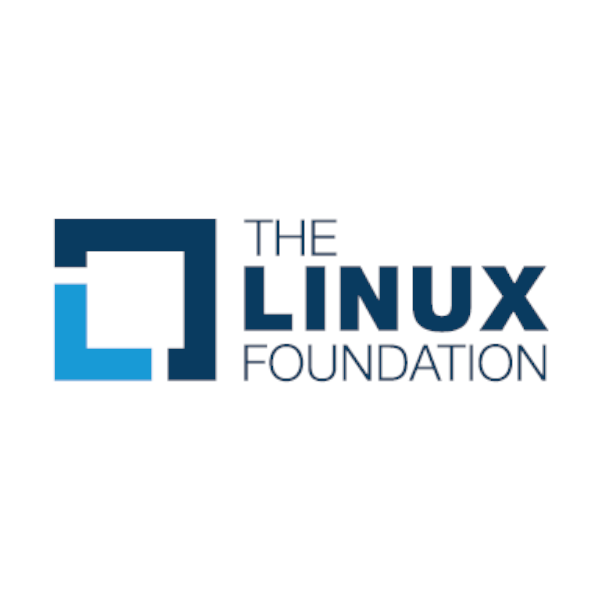LFD435

| Formats: | Asynchronous |
| Online | |
| Onsite | |
| Part-time | |
| Blended | |
| Level: | Advanced |
| Prerequisites: | |
| Recommended Knowledge | |
| Strong experience with Linux system administration and command-line tools. | |
| Proficiency in C programming and basic Linux kernel concepts. | |
| Familiarity with embedded systems or hardware development | |
Formats: We offer our training content in a flexible format to suit your needs. Contact Us if you wish to know if we can accommodate your unique requirements.
Level: We are happy to customize course content to suit your skill level and learning goals. Contact us for a customized learning path.
Developing Embedded Linux Device Drivers (LFD435)
The Developing Embedded Linux Device Drivers (LFD435) course, offered by the Linux Foundation, is a hands-on, advanced training program designed for developers creating device drivers for embedded Linux systems. This course equips participants with the skills to select appropriate kernel APIs, write drivers for various Linux subsystems, and utilize cross-platform toolchains for embedded platforms. Covering kernel configuration, device trees, interrupts, and memory management, LFD435 prepares you to develop robust drivers for IoT, automotive, and industrial applications. With a focus on practical techniques, this course ensures you can optimize and debug drivers for resource-constrained embedded environments.
Target Audience
This course is ideal for:
- Experienced developers building device drivers for embedded Linux systems.
- Embedded systems engineers working on IoT, automotive, or industrial projects.
- Software architects seeking expertise in Linux kernel and driver development.
- Professionals aiming to master cross-development and kernel debugging.
Prerequisites
To succeed in this course, participants should have:
- Strong experience with Linux system administration and command-line tools.
- Proficiency in C programming and basic Linux kernel concepts.
- Familiarity with embedded systems or hardware development (preferred).
What You Will Learn
In this course, you will gain expertise in:
- Writing device drivers using appropriate Linux kernel APIs.
- Configuring and compiling the Linux kernel for embedded platforms.
- Utilizing device trees and cross-toolchains for embedded development.
- Debugging and optimizing drivers with interrupts, DMA, and memory management.
Benefits of the Course
By completing this course, you will:
- Develop the skills to create efficient, production-ready Linux device drivers.
- Gain hands-on experience with industry-standard tools like QEMU and Yocto.
- Enhance your career in the growing field of embedded Linux development.
- Master advanced techniques for kernel debugging and system optimization.
Course Outline
- Introduction to Embedded Linux Drivers
- Overview of Linux Device Driver Architecture
- Types of Device Drivers and Linux Subsystems
- Cross-Development and Toolchains
- Setting Up Cross-Development Toolchains (e.g., Yocto, Buildroot)
- Using QEMU for Emulation and Testing
- Kernel Configuration, Compilation, and Booting
- Target Board Setup and Booting
- Configuring Target Development Boards
- Booting from uSD and Over Ethernet
- Integrating Boot Loaders (e.g., U-Boot)
- Device Driver Development
- Writing and Managing Kernel Modules
- Developing Character Devices
- Implementing Platform Drivers
- Configuring Device Trees and Overlays
- Memory and Data Transfer
- Memory Management and Allocation in the Kernel
- Transferring Data Between User and Kernel Space
- Using ioctls for Driver Control
- Direct Memory Access (DMA) Implementation
- Interrupts and Timing
- Managing Interrupts and Exceptions
- Implementing Deferrable Functions and User Drivers
- Using Kernel Timers and Timing Measurements
- Handling Sleeping and Wait Queues
- Advanced Driver Features
- Unified Device Model (UDM) and sysfs Integration
- Developing USB Drivers
- Managing Firmware Loading
- Memory Technology Devices (Flash Memory Filesystems)
- Debugging and Optimization
- Kernel Debugging Techniques for Drivers
- Optimizing Driver Performance
- Handling Hardware I/O Operations
Please contact us for any queries via phone or our contact form. We will be happy to answer your questions.
Ferndale,
2194 South Africa
Tel: +2711-781 8014 (Johannesburg)
+2721-020-0111 (Cape Town)
ZA
Jumping Bean Contact Form!